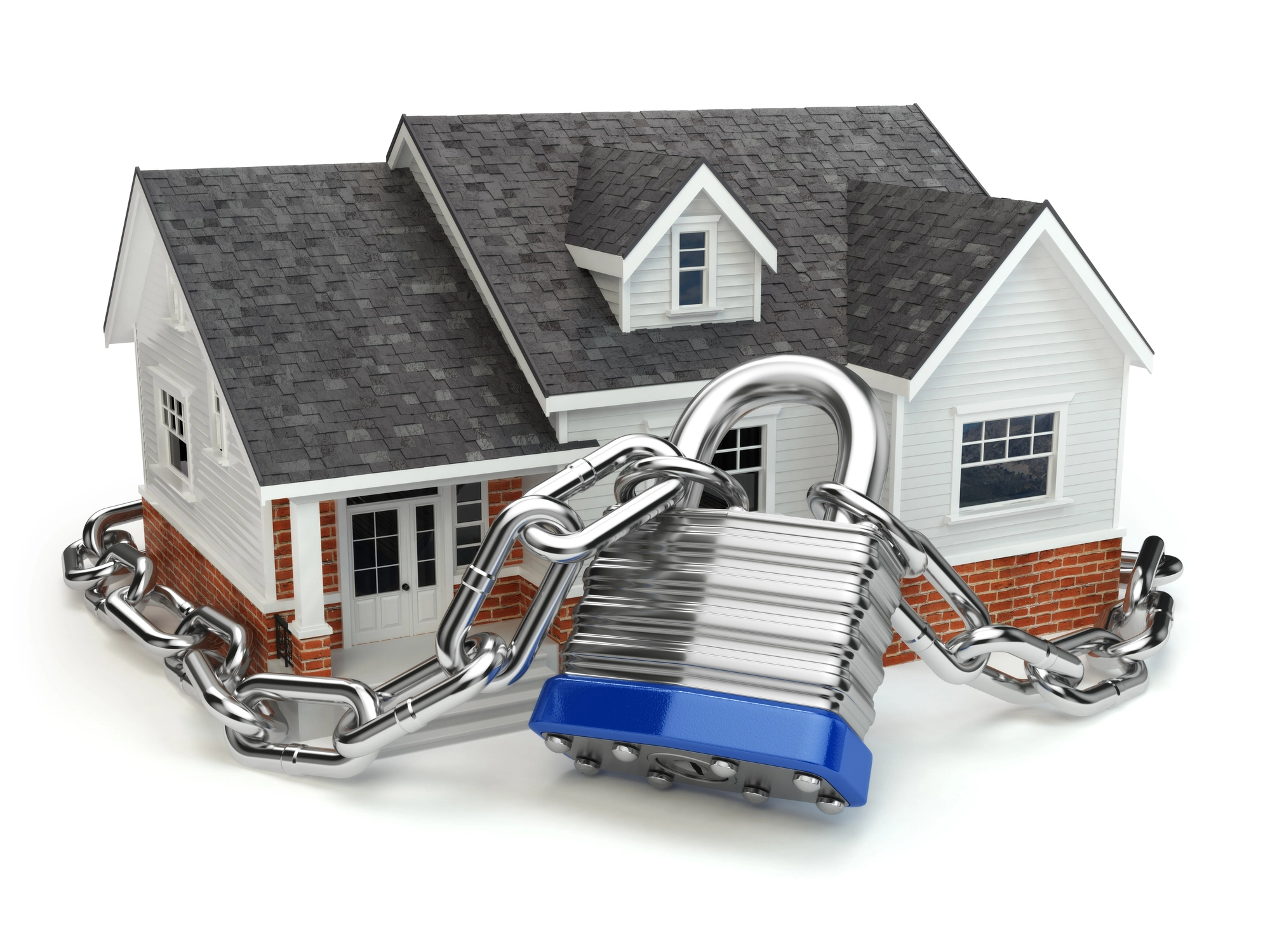Fixed Rate Home Loans

Fixed rate home loans are a popular choice for borrowers who value stability and predictability in their mortgage repayments. By locking in an interest rate for a specific period, typically ranging from one to five years, borrowers can ensure that their monthly repayments remain constant, regardless of fluctuations in the broader interest rate environment.
Unlock Your Dream Home
At Lime Financial Services, our trusted mortgage brokers offer free, expert advice tailored to your unique needs. Discover how we can help you achieve your homeownership goals today.
Benefits of Fixed Rate Home Loans
- Repayment Certainty: One of the primary advantages of a fixed rate home loan is the certainty it provides. Knowing your repayment amount each month allows for easier budgeting and financial planning. This can be particularly beneficial in a volatile interest rate market, where variable rates may fluctuate unpredictably.
- Protection Against Rising Rates: If market interest rates rise during the fixed period, borrowers with a fixed rate loan are protected from these increases. This means you will continue to pay the lower fixed rate, potentially saving money over the fixed term.
- Simplified Financial Management: With a fixed rate, financial management becomes more straightforward as you can plan your expenses without worrying about potential increases in your loan repayments.
Considerations and Potential Drawbacks
While fixed rate home loans offer stability, they also come with certain limitations:
- Limited Flexibility: Fixed rate loans typically offer less flexibility compared to variable rate loans. For instance, making additional repayments or paying off the loan early may incur break costs, which can be substantial.
- No Benefit from Rate Drops: If interest rates fall during your fixed term, you won’t benefit from the reduced rates. Your repayments will remain the same, potentially costing you more than if you had opted for a variable rate loan.
- Potential for Higher Costs: Fixed rate loans may initially offer higher interest rates compared to variable loans, reflecting the premium for locking in a rate.
Who Should Consider a Fixed Rate Home Loan?
Fixed rate home loans are ideal for borrowers who:
- Prefer stability and predictability in their financial planning.
- Expect interest rates to rise and want to lock in a lower rate now.
- Have a fixed budget and need certainty in their monthly expenses.
Comparison with Variable Rate Loans
Feature
- Repayment Amount
- Flexibility
- Benefit from Rate Drops
- Protection from Rate Hikes
Fixed Rate Home Loans
- Constant throughout the fixed term
- Limited; break costs may apply
- No
- Yes
Variable Rate Home Loans
- Can fluctuate with market interest rates
- More flexible; allows for extra repayments
- Yes
- No
Split Loan Options
A split loan might be an attractive option for those who want the best of both worlds. This involves dividing your loan into two portions, one with a fixed rate and the other with a variable rate. This strategy allows you to enjoy the stability of a fixed rate while also benefiting from potential rate drops on the variable portion.
Lime Financial's Approach
Lime Financial offers a range of mortgage solutions tailored to individual needs. As an independent mortgage broker, Lime Financial provides access to a wide array of lenders, ensuring that clients receive unbiased advice and the best possible loan options for their circumstances. Their expertise in navigating the mortgage landscape can help borrowers make informed decisions about whether a fixed rate home loan is the right choice for them.
Choosing between a fixed and variable rate home loan depends on your financial goals, market expectations, and personal preferences. Fixed rate loans offer stability and protection against rising rates, making them a suitable choice for those who value predictability. However, it’s essential to weigh the potential downsides, such as limited flexibility and the possibility of missing out on lower rates. By consulting with experts like Lime Financial, you can ensure that your home loan aligns with your long-term financial objectives.
Frequently Asked Questions (FAQs)
A fixed rate home loan is a type of mortgage where the interest rate remains the same for a set period, usually between one and five years. This means that the borrower's monthly repayments will not change during this time, even if market interest rates fluctuate.
Fixed rate mortgages are fully amortized loans, meaning they are based on periodic loan payment plans with a predetermined term and interest rate. Borrowers pay back a portion of their principal and interest with each monthly payment, and the monthly payment amount does not change with interest rate changes in the market
The main advantage of a fixed rate mortgage is its predictability and stability. Borrowers know exactly how much they will pay each month, which can help with budgeting. However, fixed-rate mortgages often have higher interest rates than variable-rate loans and may come with break costs if the borrower wants to make extra repayments or refinance during the fixed term.
Yes, borrowers can make extra payments towards their fixed-rate mortgage loan, but they should check their loan contract for any prepayment penalties. Some lenders allow additional payments up to a certain amount without incurring fees, while others may charge for early repayment.
After the fixed rate term ends, the loan will typically revert to a standard variable rate home loan. Borrowers can choose to re-fix their loan at a new interest rate or switch to a different loan product. It's important to review the loan terms and conditions before signing to understand what happens at the end of the fixed term.
Refinancing during the fixed rate period may incur break costs and administrative fees. Borrowers should carefully consider their financial situation and loan terms before deciding to refinance during this time.
Choosing the right fixed rate term depends on your financial goals and plans for the future. Consider how long you plan to stay in the property and whether you need flexibility in your loan repayments. Common fixed rate terms range from one to five years, and borrowers should choose a term that aligns with their financial situation.


